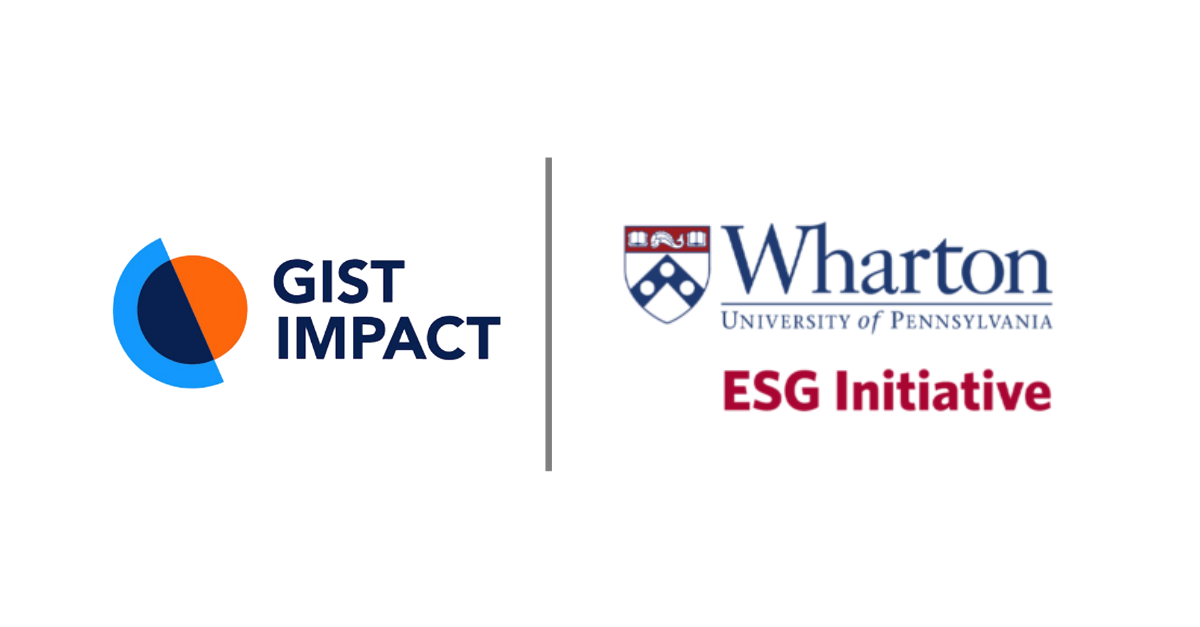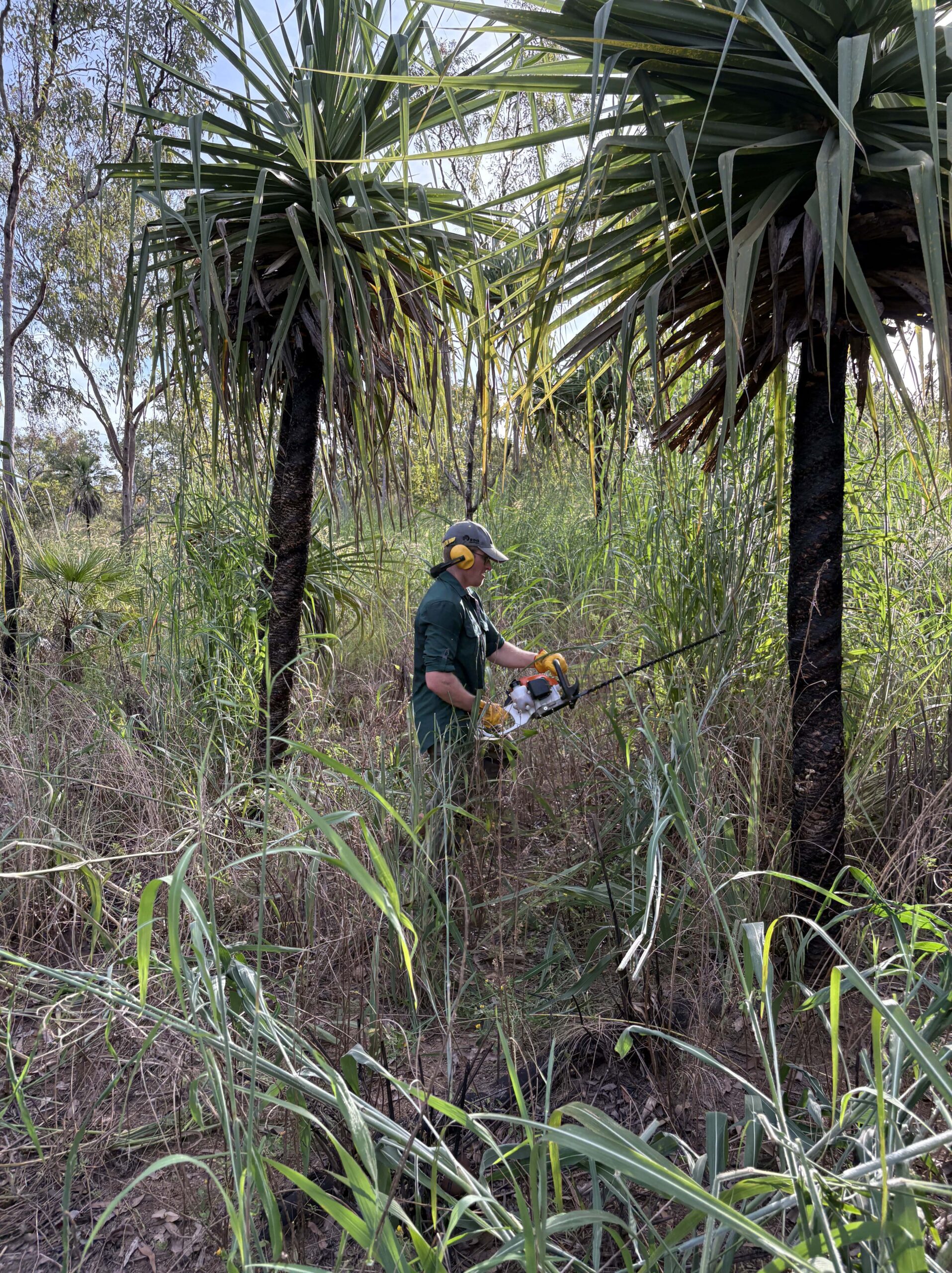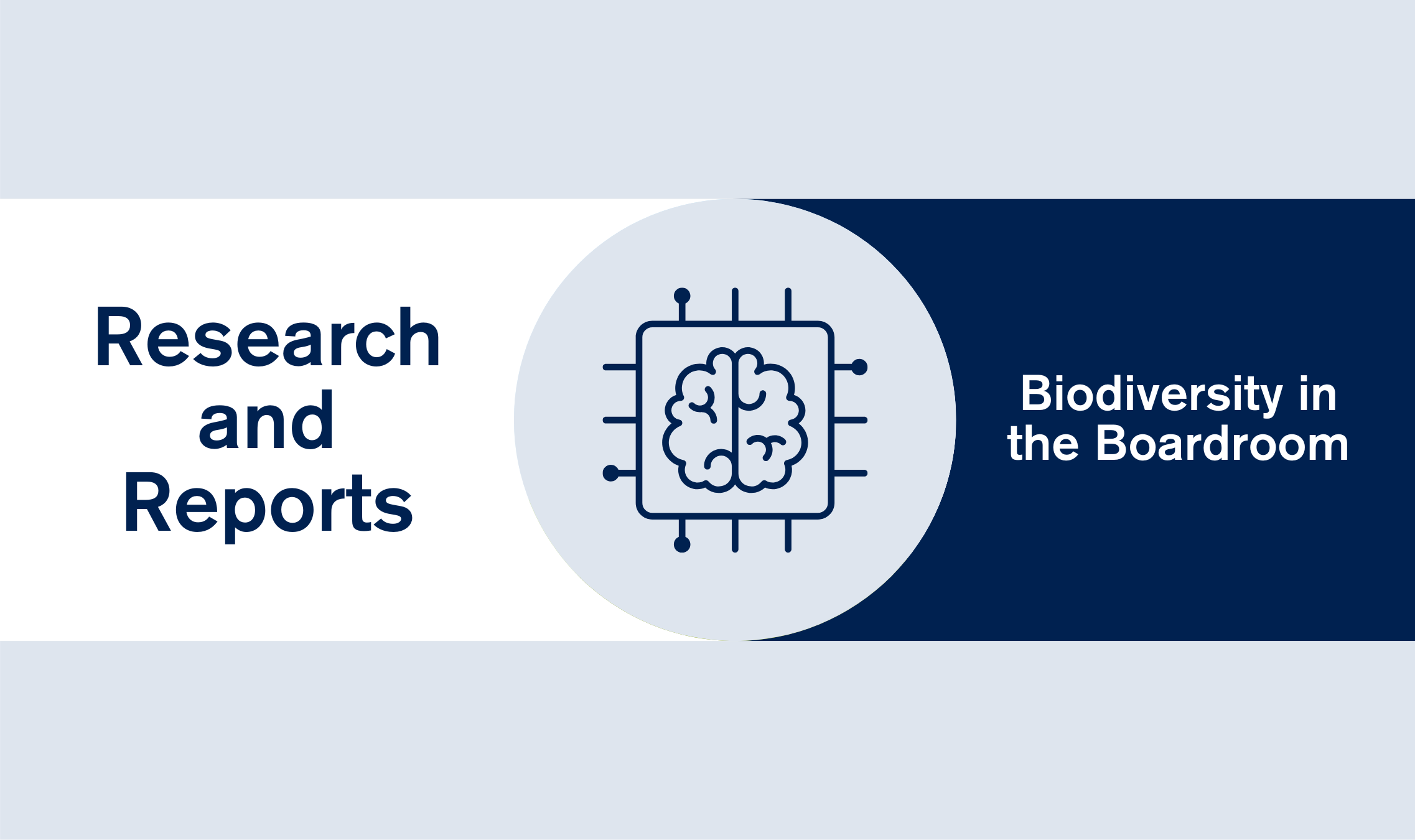London, UK – 11th July 2024 – GIST Impact, a leading provider of impact data and analytics, and the ESG Initiative at the Wharton School of the University of Pennsylvania today announced a data partnership agreement to advance new research exploring the relationship between monetized impacts and financial performance.

The partnership is part of a new research project that is using impact valuation to measure the business case for corporate and investor engagement on ESG issues.
Today, major traditional ESG data providers still rely on unaudited company sustainability data, which is measured in varying units (e.g. tons of emissions, hours of training) and aggregated into scores with opaque weighting and ambiguous links to financial outcomes. In contrast, an impact valuation approach focuses on quantifying a firm’s impact on its stakeholders across environmental and social factors, enabling aggregation in one common unit: dollars.
GIST Impact’s location-specific and science-based monetized impact data will be assessed by the Wharton project team, led by Vice Dean and Faculty Director, Witold Jerzy Henisz, for use in upcoming academic research and analysis for peer-reviewed publications.
Professor Henisz expressed enthusiasm about the partnership, stating, “We firmly believe that the monetisation of impacts will soon revolutionise traditional ESG data approaches. We are excited to explore using GIST Impact’s data to further illustrate the feasibility of this approach.”
Mahima Sukhdev, SVP, Commercial Development, GIST Impact, added ”Our collaboration with Wharton underscores our commitment to advancing impact valuation research and applying impact economics in real-world contexts. We are thrilled to be providing our data to further the understanding of how impact is connected to financial performance, and can therefore play a key role in shaping business risk and opportunity.”
The research project aims to get a better picture of this new landscape of ESG evaluation, by examining the methodologies, coverage, and measurements of leading impact data providers and addressing the following questions:
- What are the impacts that firms have on various stakeholders, including the natural environment, customers, communities, employees, and civil society?
- How can these impacts be monetised? For example, by estimating the social cost of carbon per ton, or the health costs of air pollution.
- Are these impacts likely to be internalised by shareholders? If so, how and when, considering potential reactions from stakeholders such as regulatory changes, customer preferences, supplier dynamics, community engagement, and competitor responses?
- How does the link between impact, sentiment, interest, and financial performance vary by industry, market cycle, country, and other contingencies?
The project is expected to generate preliminary results by the end of 2024.
For media inquiries or further information, please contact:
Nikolett Arabadzsov, GIST Impact
info@gistimpact.com
Emma Davis, The ESG Initiative at the Wharton School of the University of Pennsylvania
emidavis@wharton.upenn.edu
About GIST Impact
GIST Impact is a leading impact data and analytics provider that has been measuring and quantifying corporate impacts for more than 16 years. With a team of 100+ scientists, engineers, data scientists and environmental economists, GIST Impact delivers market-leading impact platforms and datasets, covering 14,500+ companies with geographically precise, time-series data.
GIST Impact works with pioneering companies across all sectors and with investors representing over $8 trillion in assets under management. GIST Impact also partners with some of the world’s largest ESG data providers, business networks, and fintech platforms to enable impact measurement across global markets.
About the Environmental, Social and Governance (ESG) Initiative at the Wharton School of the University of Pennsylvania
The Environmental, Social and Governance (ESG) Initiative conducts academically rigorous and practically relevant research with industry partners and across all Wharton departments to investigate when, where, and how ESG factors impact business value. Informed by research, we offer 30+ courses that MBA and undergraduate students can assemble into a major or concentration, over a dozen co-curricular experiences, and three Executive certificate programs. Led by Vice Dean Witold Henisz, the ESG Initiative advances Wharton’s best-in-class education of current and future leaders, enabling them to serve a world undergoing tremendous change. For more information, visit https://esg.wharton.upenn.edu.






